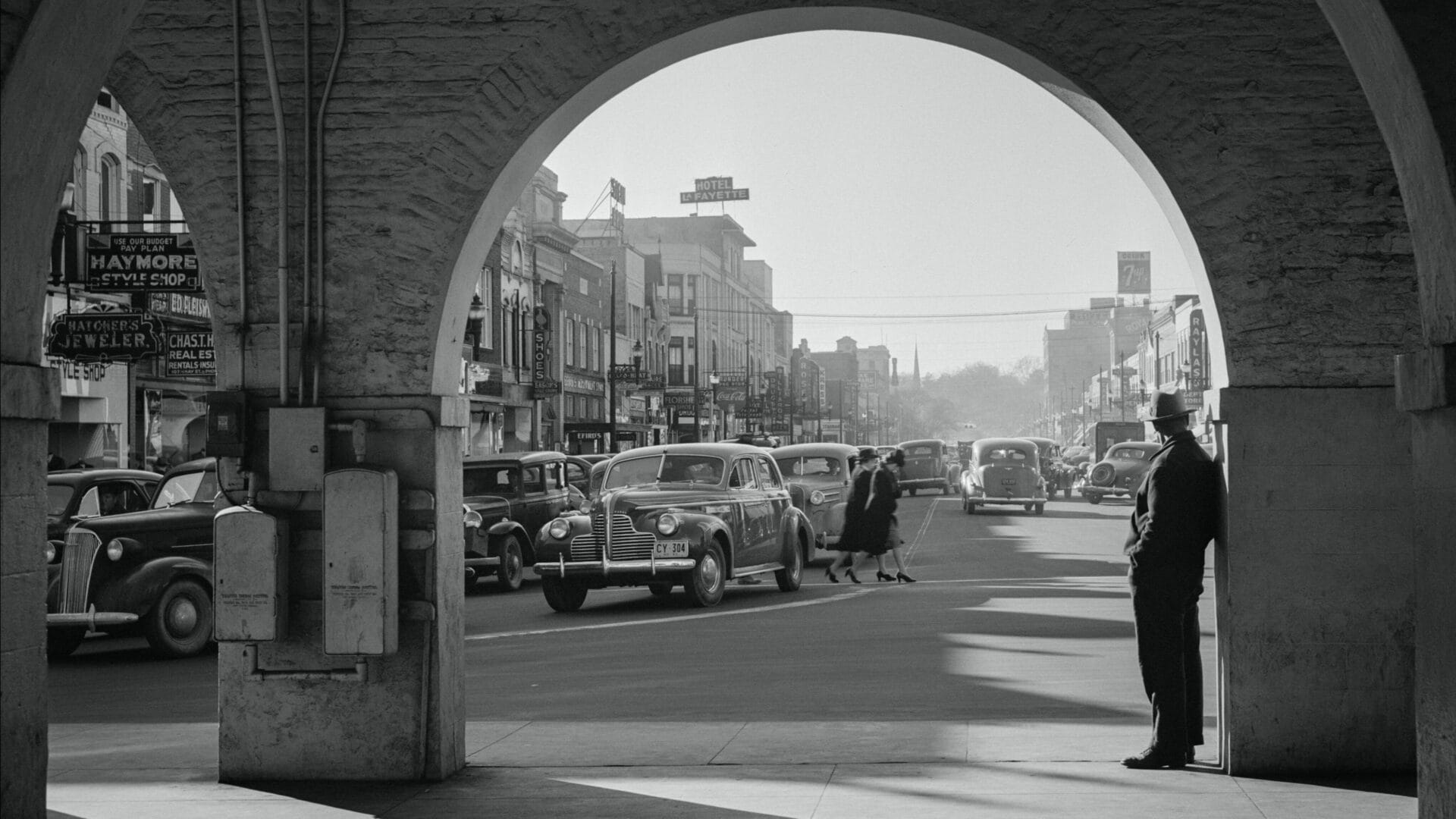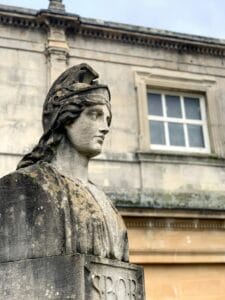
The Godfather – The Political is Personal
Just when we thought we were out of The Godfather, the media dragged us back in. This year marked the fiftieth anniversary of Francis Ford Coppola’s Oscar-winning 1972 movie, leading to commentary here, there, and everywhere. Another reminder of the film came with the sad news in July of the death of actor James Caan, who played Sonny, one of the key roles. Attention must be paid to such a movie, but let’s not forget the novel that the film was based on.
Mario Puzo published The Godfather in 1969. It spent 21 weeks on the New York Times bestseller list. I’m going to praise the novel, gentle reader, but the work is not without its flaws.
The book is too long. There’s too much about the singer and actor, Johnny Fontaine, and about Lucy Mancini, the bridesmaid turned hotelier, who mourns her lost lover, Sonny, and finds happiness in the arms of a surgeon whose career hit a roadblock. There’s too much repetition of memorable phrases. No worries: Coppola stripped the novel down to essentials and made it more dramatic.
“There’s more to the story than the violence, the cunning, and the famous lines. The central theme is that the political is personal.”
Then there are the things in the book that grate on contemporary nerves. Puzo repeatedly describes various gangsters’ racism toward African-Americans. The sentiments may be true to the characters involved, especially considering the book’s setting in the 1940s, but nowadays we would expect the author to signal his dissent. Puzo repeatedly refers to loan sharks as shylocks; again, one might hope for a protest at the anti-Semitism. But the most egregious portrayal is that of women. They are either long-suffering, dupes, the victims of physical or sexual abuse, or voracious sex addicts. True, there’s a tough ex-wife or two, but they are minor characters. Rarely does a woman get to stand up to a man. There’s too much explicit sex in the novel for my fuddy-duddy taste, but Puzo set out to write a bestseller in the era of Airport and Valley of the Dolls, so the graphic writing is understandable. I don’t think that Puzo was racist, anti-Semitic or anti-woman. He was surely describing what he saw as the reality of the gangsters’ world, but today we would count on an author to push back.
Now for the praise. My teacher, the late Donald Kagan, used to say about the richness of The Godfather, “it’s Homeric.” Kagan had a dry sense of humor, and I never knew if he was joking. After re-reading the book twice this year, I think that if he wasn’t serious, he ought to have been. It’s not just that the book is full of detail or that it gives the rise and fall and rise of a gangster family an epic grandeur. It’s also that Puzo offers insight into men and power.
There’s more to the story than the violence, the cunning, and the famous lines. The book covers many subjects, but to me, the central theme is that the political is personal. This is not to be confused with the 1960s-1970s feminist rallying cry, “the personal is political,” a call to use government power to free women from the home and win equality at work.
“The political is personal” locates real power in the hands of men of iron will whose agents steal, injure, and kill – in a word, in the hands of gangsters. The government, itself corrupt, is manipulated by the criminals. They are brutes. The book has no lack of killing, from the murder of the neighborhood boss Don Fanucci by the title character, young Vito Corleone before he became the Godfather, to the slaughter, on now grownup Vito’s order, of a Hollywood big shot’s prize racehorse – his bloody head left in the man’s bed for him to discover as he woke up – to the massacre of the Don Vito’s eldest, Sonny, whose bullet-scarred corpse is uncovered on a gurney in the basement of a funeral parlor.
Yet the thieves of The Godfather are not without honor. Don Vito Corleone may be a murderer, but he lives by his own strict moral code. Its central pillar, aside from family, is friendship. “Friendship is everything,” he says. “Friendship is more than talent. It is more than government. It is almost the equal of family.” (Puzo, Mario. The Godfather: 50th Anniversary Edition, p. 41. Penguin Publishing Group. Kindle Edition.) The Godfather’s definition of friendship does not exclude affection. A public embrace, an invitation to a man’s house for a cup of coffee or to his home office for a whisky or a glass of anisette – with the added gesture of standing up to greet a guest, that was part of friendship as well.
Vito Corleone valued the personal touch. Tommy Hagen, the Don’s consigliere, that is, his lawyer, pays attention when Johnny Fontaine takes the time to drive Hagen to LAX, after Hagen had flown out to see him on business. Hagen approves, musing: “The Don always taught that when a man was generous, he must show the generosity as personal.” (Puzo, Mario. The Godfather: 50th Anniversary Edition, p. 21. Penguin Publishing Group. Kindle Edition.)
But friendship in the novel is hardly all smooth scotch and easy chairs. By “friendship” Don Vito also has something cold and pragmatic in mind, the mutual exchange of favors. It is understood that the man at the top comes first, and yet he owes something to the little guy. Whether fixing an immigration problem for his baker or protecting a widow from a rapacious landlord, Don Corleone considers the act a deposit in the favor bank, and yet he takes care of the matter, no matter how humble the recipient of his beneficence.
“In our era it’s easy to imagine that personal contact doesn’t matter. A dangerous illusion.”
The ancients would have nodded in agreement. Cicero writes, in his treatise, On Friendship, that the giving and receiving of favors, both getting and repaying, is inseparable from friendship (De Amicitia 8.26). He proceeds to a more elevated definition of friendship, which he considers a form of love, but Cicero doesn’t leave out the bottom line.
 The ancients and the Corleones share pagan values. (Don Corleone is notably cynical about religion.) Puzo highlights this in the book’s penultimate scene (the movie’s last scene). Kay Adams was born the daughter of a Baptist minister in New Hampshire, but she ends up marrying Don Vito’s son Michael. Kay witnesses her husband’s transformation from U.S. Marine to his father’s homicidal successor. She observes in horror as his men greet Michael after he had successfully arranged a series of gangland murders. Puzo writes: ““Kay could see how Michael stood to receive their homage. He reminded her of statues in Rome, statues of those Roman emperors of antiquity, who, by divine right, held the power of life and death over their fellow men.” (Puzo, Mario. The Godfather: 50th Anniversary Edition (p. 586). Penguin Publishing Group. Kindle Edition.)
The ancients and the Corleones share pagan values. (Don Corleone is notably cynical about religion.) Puzo highlights this in the book’s penultimate scene (the movie’s last scene). Kay Adams was born the daughter of a Baptist minister in New Hampshire, but she ends up marrying Don Vito’s son Michael. Kay witnesses her husband’s transformation from U.S. Marine to his father’s homicidal successor. She observes in horror as his men greet Michael after he had successfully arranged a series of gangland murders. Puzo writes: ““Kay could see how Michael stood to receive their homage. He reminded her of statues in Rome, statues of those Roman emperors of antiquity, who, by divine right, held the power of life and death over their fellow men.” (Puzo, Mario. The Godfather: 50th Anniversary Edition (p. 586). Penguin Publishing Group. Kindle Edition.)
Heaven forbid that we emulate Puzo’s mafiosi in their pagan corruption and violence. Yet they have something to teach us. In our era of texts and tweets, Zoom and smartphones, it’s easy to imagine that personal contact doesn’t matter. A dangerous illusion. The most valuable thing that most of us have to give is our time. There is no substitute for showing up. Contracts matter, but don’t forget the value of a handshake. Or driving a visitor to the airport instead of using a car service.